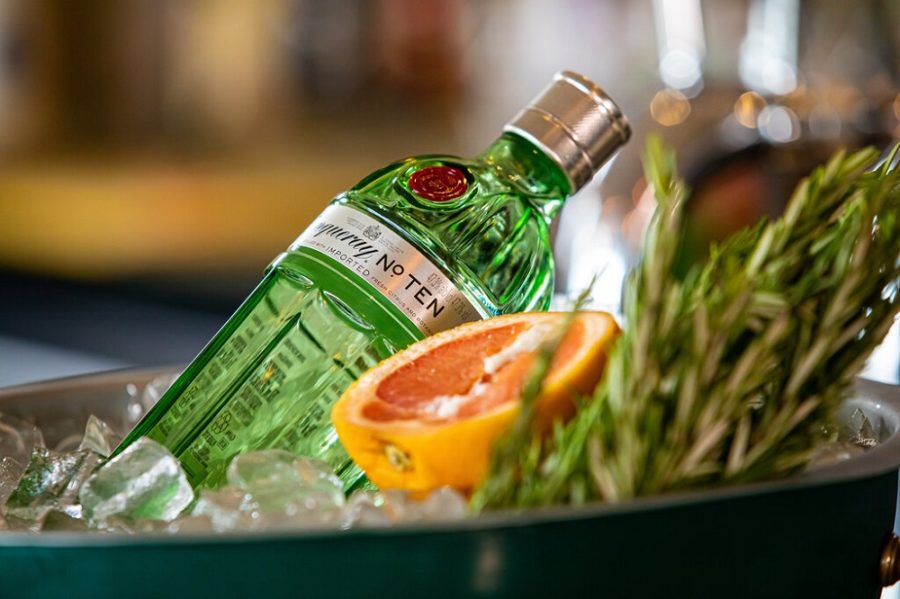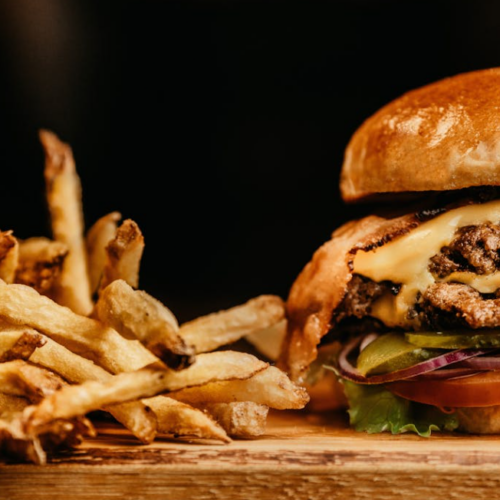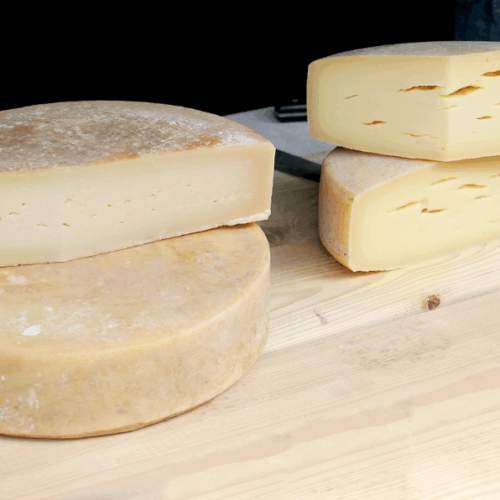It was monks and alchemists all over Europe, particularly in southern Italy (Salerno), Flanders, and the Netherlands, who first began distilling grape and grain wines and spirits for medicinal purposes. Initially therapeutic, the Dutch and Belgian beverage was introduced to England, quickly gaining popularity. Later, it found its way into the liquor trade as a commodity.
Tanqueray gin is exceptionally dry. Most gins contain citrus (in one form or another), but this one does not, which may increase its adaptability. As a result, it’s an excellent all-purpose gin for any cocktail, especially one with a hint of citrus, because you can adjust that component to fit your preferences. The lime wedge is usually placed on top of a gin, and tonic should not be considered optional with this gin because adding the oils from a lemon twist to a gin martini instantly offers a lift.
Benefits Of Gin
· To Combat That Annoying Cough, Try Some Gin
The vital oils in botanicals like juniper berries give premium gins their signature smoothness. This consistency also aids in warding off nasty colds, but refrigerating gin will alter the oils and smells, rendering it less effective. Antioxidants, antifungal and antimicrobial qualities are found in the berries used to make gin, making it a helpful natural medication.
· Antioxidants Keep Skin Young
Antioxidants in berries are well-known for promoting younger-looking skin, but few people consider Tanqueray gin a means to the same end. It turns out that juniper berries contain the same antioxidants that help your body repair damaged cells.
· Eliminates Gas And Treats Utis
Tanqueray gin’s antibacterial and antifungal properties may help treat gas and UTIs. The juniper berry’s diuretic properties are responsible for this, as they cause you to use the restroom more frequently and thus reduce the likelihood of fluid retention. Frequent urination helps maintain health by eliminating infection-causing toxins and bacteria.
Conclusion
These days, Tanqueray gin can be made from a wide variety of herbs, giving rise to numerous recipes and brands. Gin is typically flavored with botanical/herbal, spice, floral, fruit flavors, or a combination of these, in addition to juniper. Gin and tonics, which combine the spirit with tonic water, are a popular way to drink them. Various flavored liqueurs made with gin as a base liquor are also typical.




